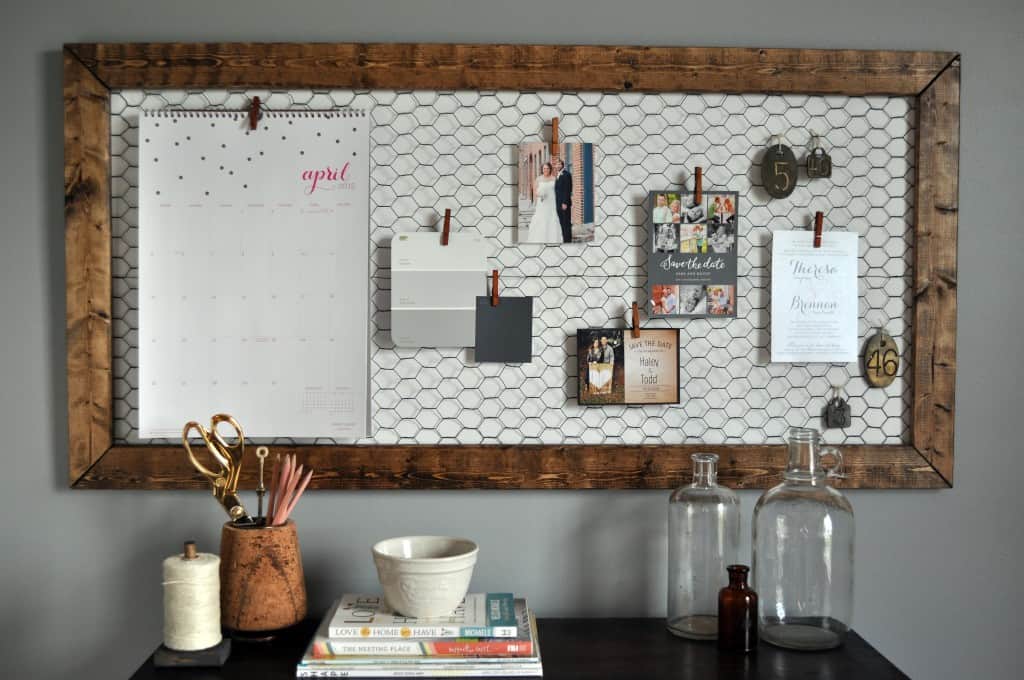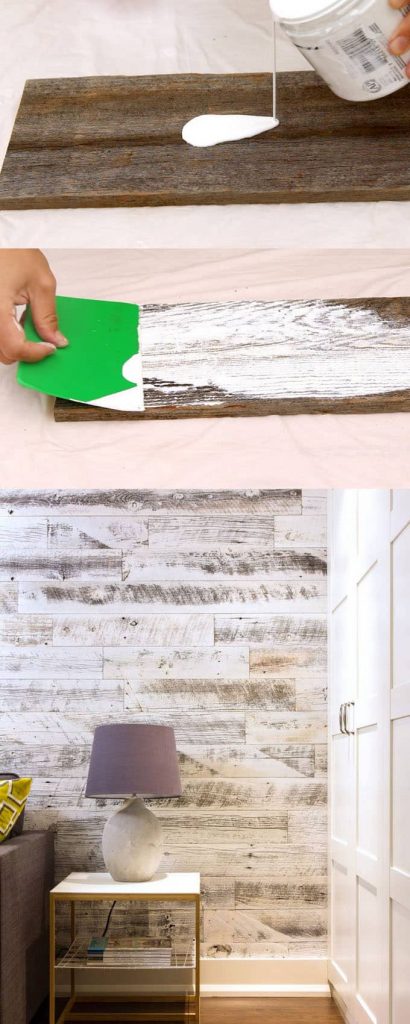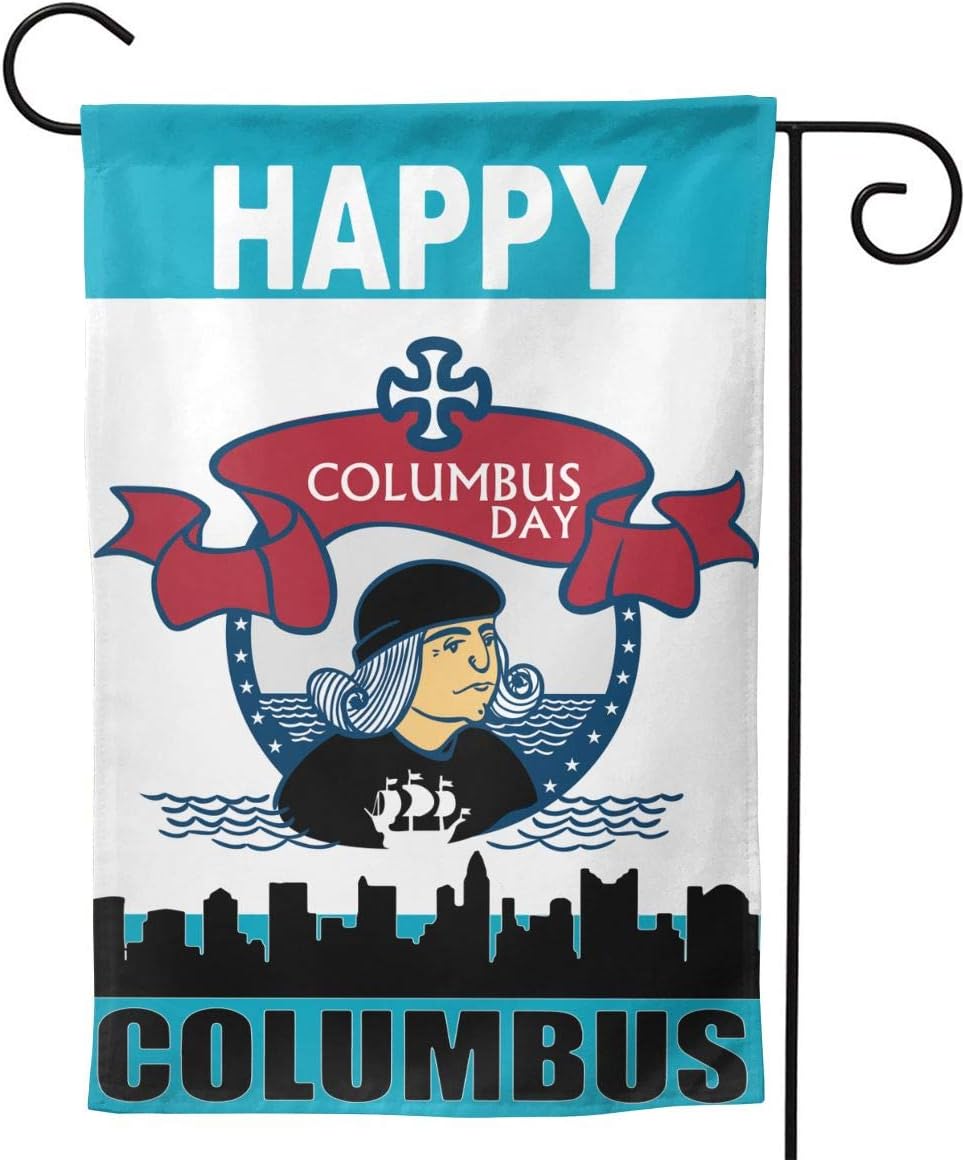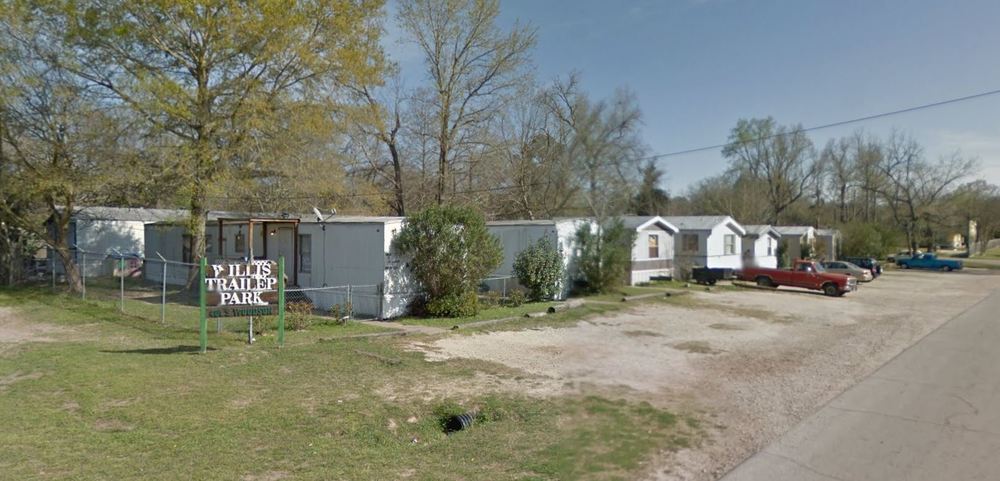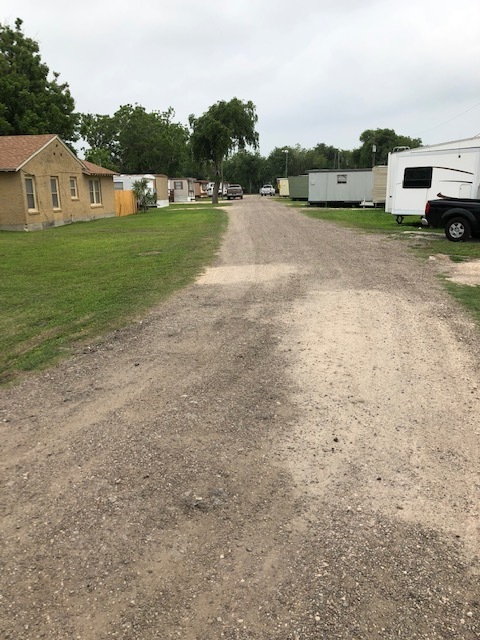Table of Content
Ultimately, it’s up to you to decide what paper documents to keep and which ones to get rid of. What might be important for you to keep might be irrelevant for someone else, and vice versa; it ultimately comes down to your own personal judgement and preferences. The alphabetic filing system is the most common filing system.

Update records of property improvements whenever those improvements are made; this information is needed when refinancing or selling your home and for tax purposes. Keep current insurance policies on file and review them for necessary or desirable changes, such as beneficiary designations. Photocopy items in your wallet or purse and keep the copies in a safe place at home. They will be useful if you need to replace any of the items and/or report identity theft.
How do you organize your home office for maximum productivity?
You can also buy desktop organizers that have various compartments if you don’t want to use multiple cups. Sort through the things you have in your office and determine how often you use them. If there are things that you use multiple times per day, keep them on your desk, a nearby shelf, or in the top drawer of your desk. For example, if you don’t use a printer often, keep it on the other side of the room so it’s not taking up space on your desk. Position your desk so you can look out a window if you can.
Look for organizers, shelves, or cabinets that have wheels so you can pull them out when you need to and then put them back. Keep shorter things, like filing cabinets or shelves, under your desk if you have room and only move them when you need to access them. Try using an office chair with wheels if you’re able so you can roll to a different part of your office to access something. A popular way is to use shelves or cubbies that are labeled with the type of supplies they contain.
Long Term drawer/box
Keep them readily accessible, so you grab things quickly. Store in a tray or magazine holder for documents you want to keep, and shred what you don't need. Nowadays, so many of us are working remotely (even if it's still just a few days a week) and so, having a functional (and fun!) workspace is more important than ever. Part of that is keeping your space neat and organized, of course. You can also attach colored labels to the tabs of file folders if you don’t want to buy multiple colors. Store pens and small office supplies in cups so you can access them easily.

The labels will allow you to leave this project and come back to it more easily. Working from home can be a bit overwhelming especially if this is all new to you. And maybe creating an organized office space might seem impossible right about now, but with a few pointers and a straightforward step-by-step, we will have you there in no time. The technical storage or access is required to create user profiles to send advertising, or to track the user on a website or across several websites for similar marketing purposes. The technical storage or access that is used exclusively for anonymous statistical purposes.
How do you display office supplies?
Keep shelves, drawers, and bins organized and clutter-free. Similarly, you can use folders to organize different categories of paper. You can also get creative with how you store the papers.

Most banks rent out safety deposit boxes for reasonable fees. You can choose from a variety of sizes depending on how many documents you need to store. Reserve the top tray for documents you need to read immediately. Label the second tray for documents that can wait a few days. Reserve the third tray for documents you can file, and so on.
Alright, time to grab the documents in your “Keep” piles and start the filing. You will want to shred papers you are not keeping that have sensitive and personal information on them. There are certain documents you will have to keep short and long term. DO NOT keep the documents you can easily access online. Now that we know where everything needs to go, its time for the HARD work.
If you decide to discard it instead, be sure to shred it or safely burn it if it includes sensitive information that could be misused by an identity thief. For your convenience, fill out the Record of Important Papers interactive form and save it to your computer’s hard drive. Be sure to update the information at least once a year. Your home office isn't just about functionality; it should also marry what's useful with what's aesthetically pleasing. And when thinking of aesthetics, it's hard to ignore Areaware. The set is practical and beautiful, designed by Magnus Pettersen, whose pieces most often reflect his Norwegian heritage.
Asses your current space by taking note of what's not working and what is working. Choose your selection criteria based on your vision. Break your small office down into categories, e.g., books, papers, office supplies, electronics, job-specific items, personal care items, food, and sentimental. A well-organized office can help improve your focus and efficiency while you’re working since you won’t have so much clutter. Once you put everything in a specific place, you’ll save more time trying to find it later. Try changing the layout of your office furniture to help you feel less stressed throughout the day.
The ones that are irreplaceable or REALLY hard to replace. Prepare yourself, this post is COMPREHENSIVE and possibly one of the longest posts I have written.. What is the name of the cabinet you use for the filing. I”m working with someone on their home office this week so this was timely!
This method will allow you to process papers more efficiently, without worrying too much about whether or not you’ll pay a bill by the due date. Processing papers takes time and energy, especially if you haven’t touched a stack of papers in several days or weeks. Get cord holders to remove visual clutter underneath your desk.

